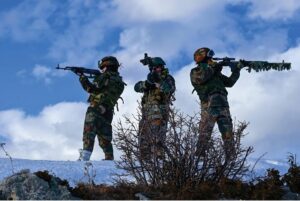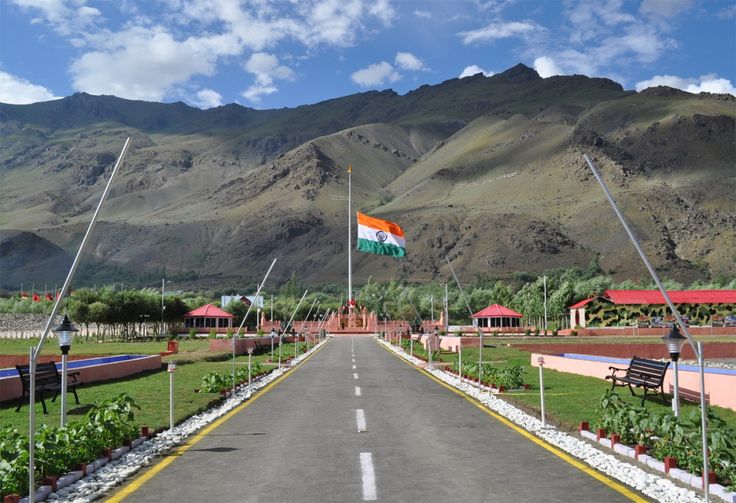The Indian Government Issues has sent a solid and unequivocal message to the British Broadcasting Enterprise (BBC) with respect to its scope of the later fear assault in Jammu and Kashmir. The government’s firm position reflects its developing concerns over how worldwide media reports delicate issues concerning India’s inner security, especially those relating to fear based oppression in Kashmir.

The assault, which claimed the lives of 26 blameless visitors in Pahalgam, has once once more brought the locale into the worldwide highlight. Be that as it may, it was the BBC’s choice of dialect and depiction of the occurrence that started shock in Unused Delhi.
The Occurrence: An Annihilating Dread Attack
The appalling assault unfurled when intensely outfitted fear based oppressors opened fire on buses carrying visitors close Pahalgam, a well known visitor goal known for its picturesque magnificence. Observer accounts depicted scenes of chaos and frightfulness, with civilians scrambling for security in the midst of gunfire. The Indian government and security strengths rapidly condemned the assault, promising quick equity for the culprits and strengthening the nation’s stand against terrorism.
Prime Serve Narendra Modi and a few beat pioneers communicated profound distress over the misfortune of lives and promised that those capable would be chased down and brought to equity. In the consequence, the Indian Armed force and security powers propelled broad look operations to track the assailants, powers security measures over the region.
BBC’s Scope and Government’s Objections
While worldwide media outlets detailed on the occurrence, the Indian government took specific offense at the BBC’s scope. Authorities criticized the BBC for alluding to the fear based oppressors as “activists” or maybe than “fear mongers,” and for what they seen as a need of sympathy toward the victims.
The Service of Outside Issues (MEA) formally communicated its disappointment to BBC India’s administration. In its letter, the government communicated solid complaint to what it called “one-sided, deluding, and uncaring detailing.” Agreeing to authorities, the dialect utilized by BBC not as it were made light of the seriousness of the dread assault but moreover endeavored to outline it inside a political setting, or maybe than recognizing it as an unmerited attack on blameless civilians.
The Indian government emphasized that words matter, particularly when detailing acts of fear. By choosing gentler wording, it contended, BBC was in a roundabout way legitimizing acts of savagery and disrespecting the memory of those who misplaced their lives.
Past Pressures Between India and BBC
This is not the to begin with time the Indian government has clashed with BBC over its scope of touchy issues. In September 2023, the Jammu and Kashmir Police strongly criticized a BBC report that centered on the charged concealment of media opportunities in the locale. In that occurrence, the police charged the broadcaster of unreasonably depicting the administration’s endeavors to keep up law and arrange, and cautioned that legitimate activity seem be taken if detailing realities almost progressing examinations was found to be distorted.

Additionally, BBC confronted backfire prior when it circulated a disputable narrative that addressed India’s taking care of of certain verifiable occasions. These rehashed episodes have contributed to a strained relationship between BBC and Indian specialists, with government authorities progressively watchful of universal accounts that they accept weaken India’s sway and security.
India’s Accentuation on Dependable Reporting
In its communication to the BBC, the Indian government emphasized the significance of dependable news coverage, particularly when it includes fear based oppression and national security. Authorities pointed out that worldwide media houses carry a critical obligation: their depiction of occurrences can impact open conclusion, approach discourses.
The government pushed that comparing fear based oppressors with political dissidents, or veiling fear assaults behind vague dialect, not as it were misinforms the worldwide group of onlookers but too encourages radical elements.
Furthermore, the government contended that a steady worldwide lexicon for fear mongering is vital. When assaults happen in other parts of the world, especially in Western nations, the aggressors are nearly instantly named “fear mongers.” India anticipates the same wording to be utilized when comparable acts of viciousness happen inside its borders.
Public and Political Reactions
The government’s intense position gotten wide bolster from political pioneers over the range. Pioneers from both the administering party and the resistance condemned the assault and supported the government’s endeavors to guarantee that the catastrophe is detailed precisely on the worldwide stage.
Several open figures and media identities too voiced their assention, calling on worldwide media to abstain from “twofold benchmarks” when detailing on acts of dread in South Asia. Social media was buzzing with netizens criticizing one-sided depictions and requesting more affectability toward the casualties and their families.
At the same time, discourses around opportunity of the press reemerged. Whereas numerous recognized the require for journalistic freedom, there was an similarly solid assumption that opportunity of expression ought to not come at the fetched of truth and morals, particularly when it concerns acts of terrorism.
India’s Broader Fight against Terrorism
The assault in Jammu and Kashmir comes at a time when India has been endeavoring to advance peace and advancement in the locale. Since the repeal of Article 370, the government has made endeavors to coordinated Jammu and Kashmir more completely into the Indian Union, boost tourism, and give financial openings to the youth.
However, Pakistan-backed fear bunches have proceeded their endeavors to destabilize the locale through focused on assaults. India has reliably highlighted these issues on universal stages, calling for worldwide participation to combat fear mongering in all its forms.
Conclusion
The Indian government’s strict message to the BBC over its Jammu and Kashmir scope marks a essential minute in the progressing discussion approximately media obligation in struggle zones. Whereas India maintains the values of majority rule government and flexibility of the press, it moreover anticipates worldwide media outlets to hone reasonableness, precision, and sympathy when detailing on things that influence lives and national security.

